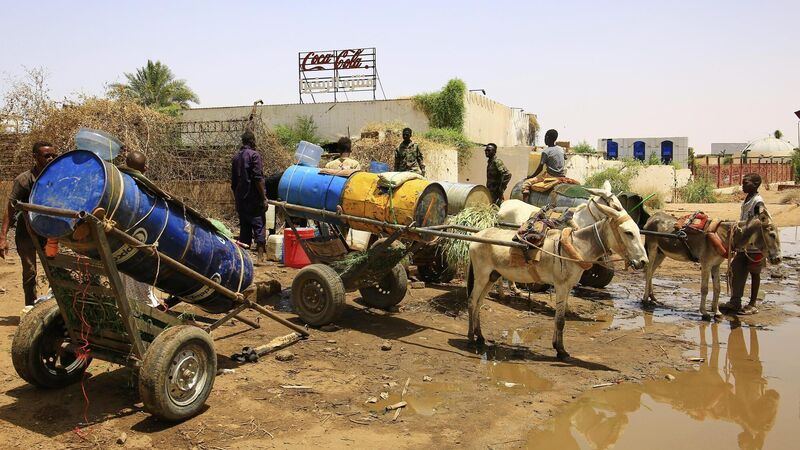Letters to the Editor: Universal access to clean water a basic right, not a long-term goal

People fill water containers at a distribution point due to water outages in Khartoum, Sudan. Picutre: AP
The United Nations now admits the goal of universal access by 2030 is “increasingly out of reach”. A recent report indicates that progress has been insufficient to meet the deadline, with the situation particularly challenging in sub-Saharan Africa. That should not be a headline we skim over. It should be a scandal that keeps us awake at night. That is a polite way of saying we are failing catastrophically and people are dying because of it.








